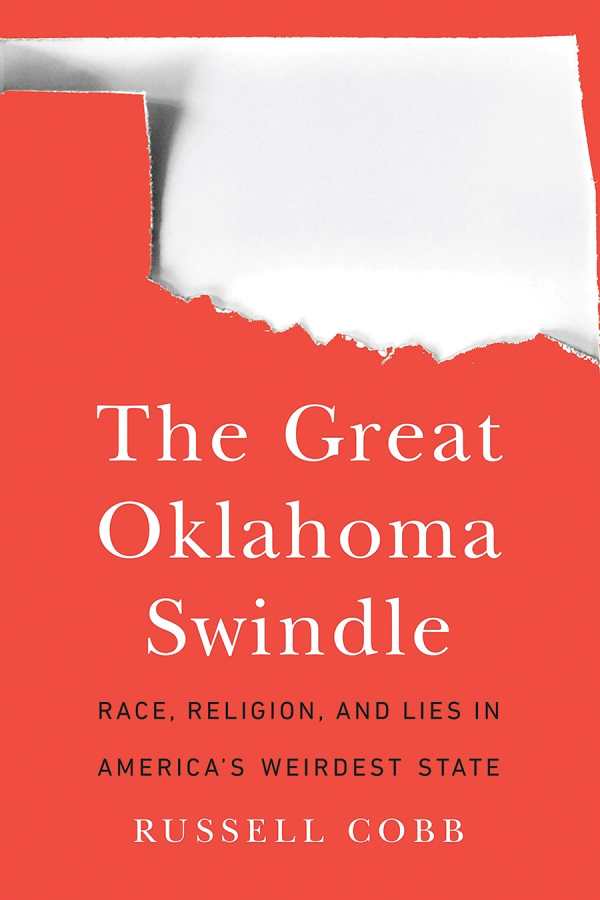The Great Oklahoma Swindle
Race, Religion, and Lies in America's Weirdest State
By hook or by crook, the Indigenous people living on the land now occupied by the United States lost ownership rights to their property over the course of centuries. Many were murdered; others were tricked. And, yes, a rare few sold their land and walked away with some money.
Once referred to as Indian Country, the region that became the 46th state of Oklahoma in 1907 is an anomaly in that it was predominantly settled by Native Americans who were forcibly removed from other states. (Even today, an astonishing thirty-nine Indian nations call Oklahoma home.)
But when oil was discovered at the end of the nineteenth century, a more enlightened country would no longer tolerate the broken treaties, violence, and thievery of the past. Instead, what happened in Oklahoma, according to Russell Cobb, “was nothing short of a legalized swindle that played out in boardrooms and courtrooms,” all orchestrated by Christian white men who viewed it as “not only their right but their divine duty to extract and sell as much oil as possible.” In The Great Oklahoma Swindle: Race, Religion and Lies in America’s Weirdest State, Cobb details this sort of seedy moralizing afoot in his state, right up to and including Tulsa’s own Scott Pruitt, the Trump-appointed head of the EPA.
So, yes, Oklahoma is the ill-gotten oil capital of the world, but that’s only part of its mixed, mostly troubled legacy. Cobb wryly documents extensive additional examples of how this singular place in the heart of America got “very, very messed up.” The Tulsa Race Massacre of 1921, which might be the country’s deadliest incident of racial violence since the Civil War, is another such telltale, and one that receives far less historical attention than might be expected for such an atrocity.
Much more than low points and pathos, The Great Oklahoma Swindle shows that Oklahoma’s story is all-American in a compressed timeline. That Cobb stands toe to toe with his state and never blinks makes this project a compelling read.
Reviewed by
Matt Sutherland
Disclosure: This article is not an endorsement, but a review. The publisher of this book provided free copies of the book to have their book reviewed by a professional reviewer. No fee was paid by the publisher for this review. Foreword Reviews only recommends books that we love. Foreword Magazine, Inc. is disclosing this in accordance with the Federal Trade Commission’s 16 CFR, Part 255.

